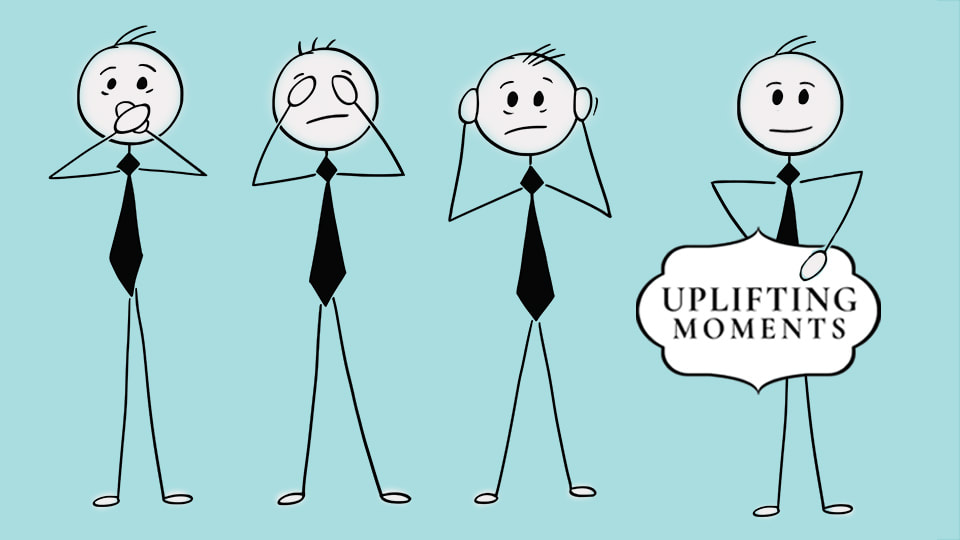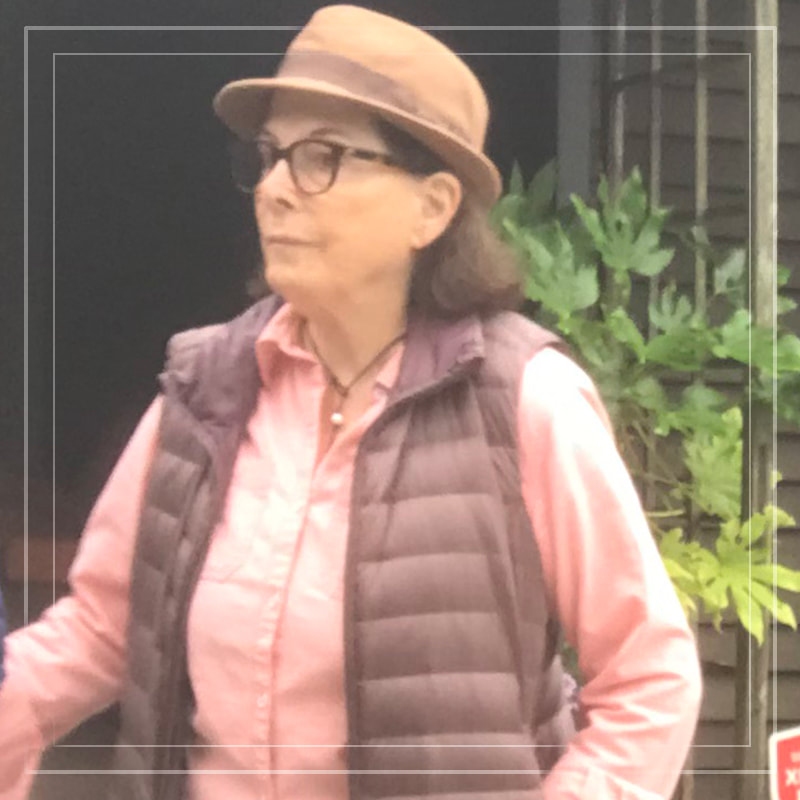|
"The test of a first-rate intelligence is the ability to hold two opposing ideas in mind at the same time and still retain the ability to function. One should, for example, be able to see that things are hopeless yet be determined to make them otherwise."
LET'S LOOK Can you step outside of what you think for a moment and consider the opposite of what you believe to be true? Can you be more interested in the dialogue than making someone else wrong? Do you have to win every argument? Or can you listen and keep in mind that something is about to become clearer? How hard is it to hold two opposing thoughts in mind? It's a paradox, a proposition that seems self-contradictory and relies on the idea that there is always more to know. Your answers are interim at best because you usually base your answer on the information you have today. Would you consider that you could be wrong? I listened to a client who was having a talk with her partner that was emotional and painful. The status quo was the easiest way to be. But the underlying tension didn't go away; it just went internal to maintain superficial peace. How can these two people communicate now so that something about their relationship becomes more apparent, including the possibility of a more significant connection? They had to learn the secret to communicating. Instead of bickering or preparing an immediate rebuttal, be open to what you're hearing and consider the ideas presented. You may be saying to yourself that they don't think about your views. I know, I know. You want the other person to hear you, consider what you're saying, and ask you questions to look deeper into the subject. But even if they don't, let it start with you. I understand that you probably want others to change their minds. But it begs the question, can you change your mind? Openness stumbles not when we disagree but when we lose our curiosity to look into another's point of view. Are you strong enough to listen? Are you afraid you'll be persuaded to act against your values by someone else's firmly held ideas? Be fearless and ask questions, or simply ask for time to think things over. The first step is to realize all of us have opinions and not necessarily the whole picture. So back to my client. She is seeing her partner as if it's the first time when they initially met and were curious about each other, interested, and listening. When they respected and valued each other's abilities, skills, and quirks, that made them who they are. They are finding out in the process if their relationship is big enough to include differences that naturally evolve. Conflict is natural. Put two people together long enough, and from time to time, they won't see eye to eye. Hallelujah! That's one way to learn something new. Are you asking yourself… “ok, so what is the secret?” I will tell you now. The Secret to Communicating is: YOU. Listen with an open mind and be interested in the possibility that you may see things in a new way. The key to practicing this communication secret is to catch yourself in the act of your mental rebuttal. I know it's hard not to react to some ideas, but it's a productive struggle that puts thought into what you say next. Pause, breathe in, and breathe out. Slow down your automatic rebuttal system to make space for authentic discovery. In this space, you can ask questions and learn more. Isn't that what communication is all about? Make your communication a spiritual exercise that focuses on connection instead of being right. May your day be filled with thoughts, words, and actions that deepen your relationships and leaves everyone with meaningful questions. |
�
Paulette Sun Davis
|




 RSS Feed
RSS Feed